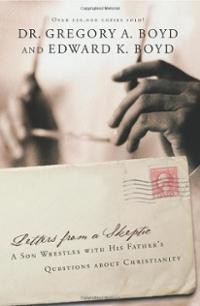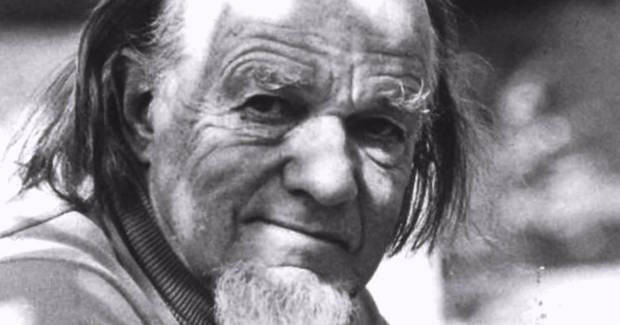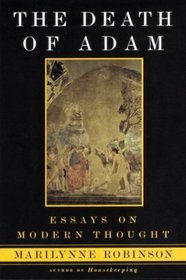Freedom and the Future
In the Christian view God knows all of reality — everything there is to know. But to assume He knows ahead of time how every person is going to freely act assumes that each person’s free activity is already there to know — even before he freely does it! But it’s not. If we have been given freedom, we create the reality of our decisions by making them…
This view doesn’t maintain that God doesn’t know anything about the future. It only maintains that God doesn’t eternally foreknow the free decisions people will make in the future. If there are aspects of the future which are already determined, either by present circumstances or by God’s own will, these God would know, for they are presently there to know. Future free acts, however, aren’t. So the future isn’t nearly as wide open to God as it is to us, but it is open to an extent. There are risks in creation, even for God. (Greg Boyd, Letters to a Skeptic: A Son Wrestles with his Father’s Questions about Christianity)
 I think this is the gist of “open theism.” It’s a somewhat controversial view, but it would help to explain the way God seems to change his mind in response to prayer in the Bible — from Moses arguing with God, to King Hezekiah being healed and given longer life, to Jesus changing water to wine.
I think this is the gist of “open theism.” It’s a somewhat controversial view, but it would help to explain the way God seems to change his mind in response to prayer in the Bible — from Moses arguing with God, to King Hezekiah being healed and given longer life, to Jesus changing water to wine.
I think too of Jesus, the night he was betrayed, warning Peter that he had better pray not to fall into temptation — that Satan would sift him like wheat, but that Jesus had prayed for him. It’s as though there was still a real chance that Peter could come through the temptations of that night strongly. But then again, Jesus also predicts that Peter will betray him. So it looks there as though Jesus does in fact know ahead of time what choices Peter will make.
Regardless of the extent to which we can map out God’s foreknowledge and our freedom, it doesn’t make sense to pray unless we believe it can influence God — however prideful and incredible that sounds.
I know there is a controversy over open theism, but I don’t know the details of it. I’m guessing that the rub is in the idea that it may appear to limit God’s sovereignty. But I can see an argument in Scripture for the idea that creation involves risk for God. What greater risk could there be than the possible necessity to give one’s very self to redeem a fallen creation? The teaching I’m familiar with is that God knew at the very beginning that he would have to send Christ, but if you look at, say, Genesis 6, there seems to be a very real risk of everything being wiped out because it’s disastrous in ways that surprise even God. And even after Jesus has atoned “once for all, the righteous for the unrighteous, to bring men to God,” not everyone will accept the gift. If all the angels rejoice when a soul turns to God, surely the loss of even one soul brings grief.
That’s a significant freedom built into the scheme of things. Not enough to unseat God from his throne. But enough to marvel at the high stakes of it all, for him and for us — and the perfection of his love that would grant us such a real freedom in our own ultimate destiny.


